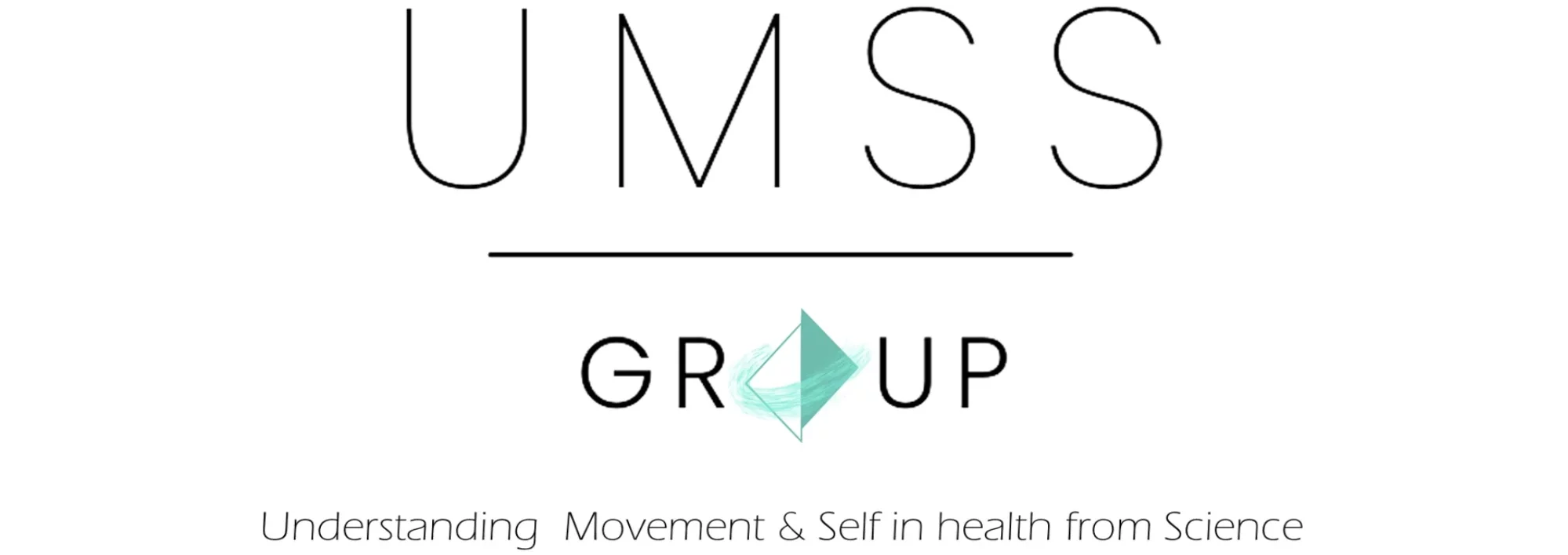
Cancer is among the deadliest diseases worldwide. Its incidence continues to grow, with scientific studies estimating that the trend will be for the number of people suffering from some form of cancer to continue rising until 2070. Numerous factors in our lifestyle, such as tobacco abuse, excessive consumption of unhealthy foods, or leading a stressful lifestyle, could contribute to this increase in the incidence of this disease.
Fortunately, in recent decades, many people who have been diagnosed with cancer have managed to cope and survive this disease. For example, recent literature reviews show us how 5-year survival rates for thyroid cancer are around 95.3% in Asian countries. Higher percentages than in European countries, although lower than in the United States. In the case of colon cancer, 5-year survival rates are also above 50% in some Eastern Mediterranean countries, although these figures are still lower than in the United States and other European countries. Of particular interest is also the global survival rate for one of the most common cancer diagnoses, breast cancer, where it is known that the number of women who have managed to survive this disease has increased, although there are still differences between countries.
Despite the fact that the number of technological and clinical resources has improved in recent decades, which has possibly helped to increase cancer survival rates, it is essential that we return to exploring basic factors in the lives of each of us. These factors are what can allow us to prevent, although not guarantee, that this disease does not appear or does not become so aggressive. One of them is physical activity. There are numerous types of exercise that we can do to lead a better life. From UMSS, we encourage you to move, to practice exercises alone, with friends, or with family. It is important that we feel active, that we feel strong to be able to face the numerous challenges that come to us daily.
Javier Martínez Calderón.
Assistant Professor Doctor, Dept. of Physiotherapy.
University of Seville

